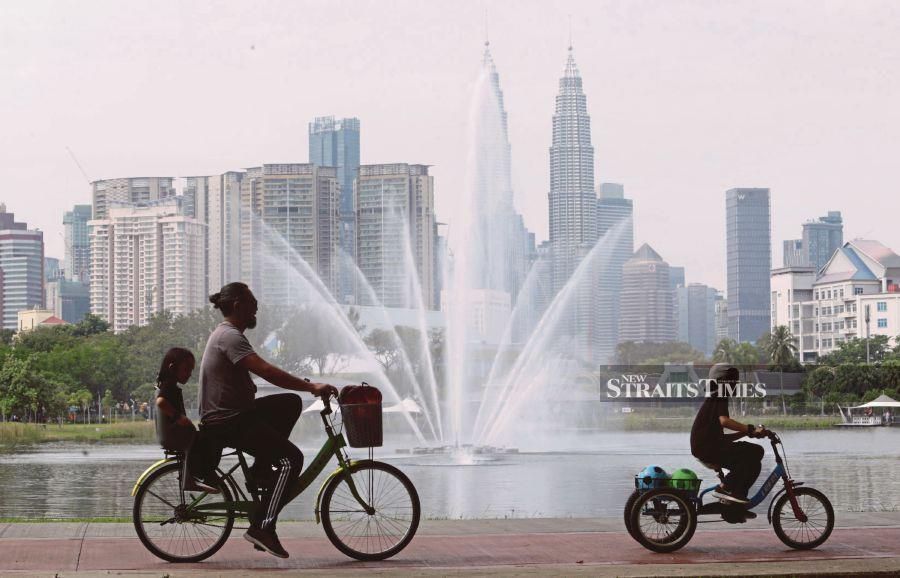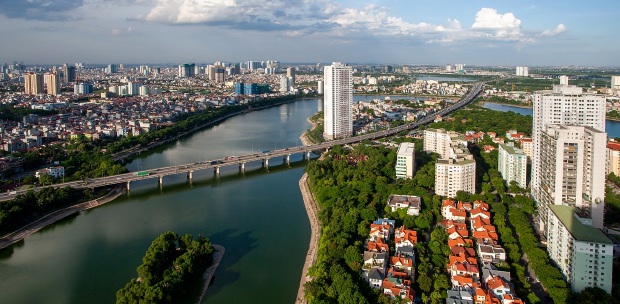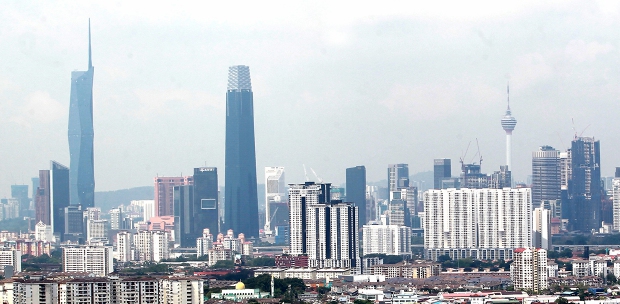In May, Malaysia recorded an inflation rate of 2.8 per cent, an increase from 2.3 per cent in April.
In the first five months of this year, the inflation rate was on average at 2.4 per cent. Last year, the inflation rate was at 2.5 per cent. For this whole year, inflation is forecast to average around 2.5 to three per cent.
Comparing these data globally, no doubt Malaysia's inflation rates are one of the lowest in the region, if not the world.
Even if we look at the current overnight policy rate, the interest rate is still relatively low. Malaysia's debt to gross domestic product ratio is still manageable.
The fiscal deficit, unemployment rate, current account balance, international reserves, financial and banking major indicators, among other economic data, are more or less stable. The economy is expected to grow at 5.3 to 6.3 per cent this year.
So what is the real issue in our economy? While Malaysia seems to be economically and financially sound (according to data highlighted above), the human situation should be the focus, going forward.
In other words, restore and elevate efforts to improve human development, not just to be at the pre-pandemic level, but to make it better in the future.
In two years of battling the pandemic, we have unleashed eight stimulus packages worth RM530 billion. In hindsight, we can say the worst case scenario had been avoided. For now.
Direct cash aid, moratoriums, four special withdrawals from the Employees Provident Fund (EPF), special grants for micro-, small- and medium-sized enterprises and wage subsidies, among other measures, have given "life support" to the economy and people.
Although the economy did not rebound in a V-shape recovery, it rebounded nonetheless, recording 3.1 per cent growth last year.
On April 1, we reopened our borders, and economic and social activities appear to have returned to pre-pandemic levels.
Demand has picked up since. But the supply side of the economy needs time to meet the spike in demand. So the supply-demand imbalance still lingers.
Economics 101 tells us that when demand is greater than supply, prices go up. Hence, governments all over the world have begun to normalise their monetary policy and scale back fiscal spending.
There is demand, but it is still unclear whether it is due to improvement in economic activities or because the effects of the "life support" given during the pandemic are only temporary.
As the world, Malaysia included, was in the process of tightening monetary policies and gradually reducing fiscal measures, we were caught unprepared by Russia's invasion of Ukraine in February.
The conflict has caused commodity and food prices to soar, making a global food crisis imminent. And China's zero-Covid policy has made things worse for post-pandemic recovery.
Malaysia is not spared from these developments. They have directly and indirectly hampered our efforts to rebuild the economy. A majority of Malaysians are still struggling to rebuild their lives post-lockdown.
When I read the Asian Development Outlook 2022 report by the Asian Development Bank recently, it is clear that in relation to Covid-19, we are indeed being hit with the same storm, but we are not in the same boat as others.
When analysing Southeast Asian countries, we can see each nation has different policy challenges in post-pandemic recovery.
For instance, Indonesia needs to improve its technological transformation, Myanmar in agricultural production and Singapore in labour supply.
For Malaysia, it is about regaining human development, especially in helping poor households return to the pre-pandemic norm. The report highlights setbacks in income, health and education.
The number of poor households has risen, absolute poverty and jobs losses have increased, average household monthly income has decreased and food insecurity among low-income households has increased, to name a few.
Perhaps, this is why even though our inflation rate is rather good, the people on the ground do not feel the "goodness".
The writer is associate professor at the School of Economics, Finance and Banking, Universiti Utara Malaysia
The views expressed in this article are the author's own and do not necessarily reflect those of the New Straits Times






